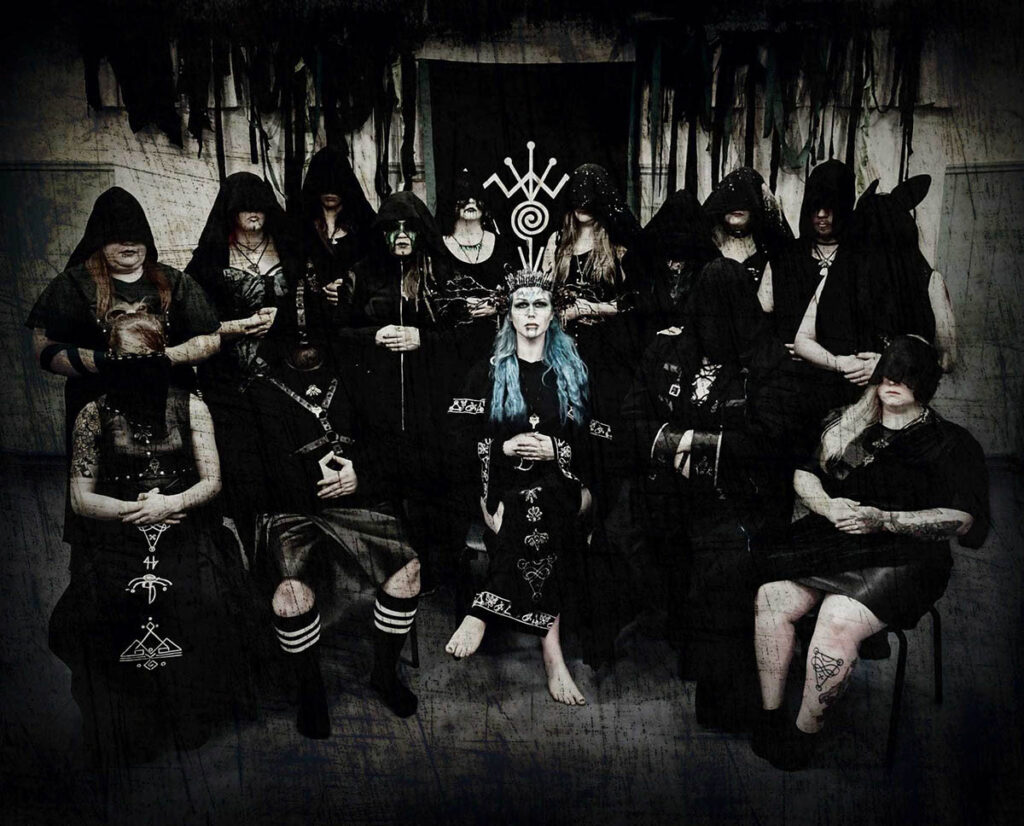A controversial influencer leading a digital movement with a fervent following.
Emory Andrew Tate III, widely known as Andrew Tate, is a multifaceted individual with a career spanning various domains including kickboxing, business, and social media. Born on December 1, 1986, in Washington, D.C., Tate grew up in a diverse environment that shaped his ambitious personality. He moved to England during his childhood, where he eventually embarked on a kickboxing career, achieving significant success. Tate is a four-time world champion in kickboxing, which laid the foundation for his public persona and subsequent ventures.
Despite his accomplishments in sports, Tate’s broader public recognition arguably stems more from his controversial presence on social media and his business endeavors. He has been associated with various businesses, including a webcam studio operation and courses on wealth accumulation and lifestyle. Tate’s outspoken views on masculinity, wealth, and societal structures have garnered a substantial following, alongside significant criticism and backlash.
Tate’s controversies often revolve around his views on gender relations, which many critics label as misogynistic and harmful. He has been accused of promoting toxic masculinity, and his comments on women and relationships have sparked outrage on numerous occasions. This criticism culminated in Tate being banned from several major social media platforms, including Twitter, Instagram, and Facebook, for violating their policies on hate speech and harmful content. Despite these bans, Tate’s influence persists through other platforms and his dedicated followers, who often see him as a figure of unapologetic masculinity and a critic of political correctness.
In addition to his controversial statements on gender, Tate has been involved in legal controversies. He has faced allegations of sexual assault and human trafficking, which he vehemently denies. These allegations have further polarized public opinion, with some viewing him as a victim of a smear campaign, while others see these issues as indicative of the dangers posed by his ideologies.
Tate’s following, often referred to as “Tate’s Army,” is a testament to his ability to cultivate a dedicated base of supporters. His followers admire his straightforward approach to discussing wealth, success, and societal issues. They view him as a mentor figure, offering guidance on achieving financial independence and personal sovereignty. Tate capitalizes on this following through various business ventures, including online courses and membership programs, promising to teach the secrets of his success.
Despite the controversies, Tate’s impact on public discourse is undeniable. He represents a broader cultural divide, with his supporters hailing him as a champion of free speech and traditional masculinity, while his detractors criticize him for perpetuating harmful stereotypes and ideologies. This polarization is reflective of wider societal debates on gender, success, and the role of social media in shaping public figures.
Tate’s life and career are emblematic of the complexities of modern celebrity. His transition from a sports champion to a controversial social media figure highlights the intersections of fame, influence, and controversy in the digital age. As society grapples with these issues, figures like Tate will continue to provoke debate, admiration, and criticism in equal measure.
image via The New York Times




